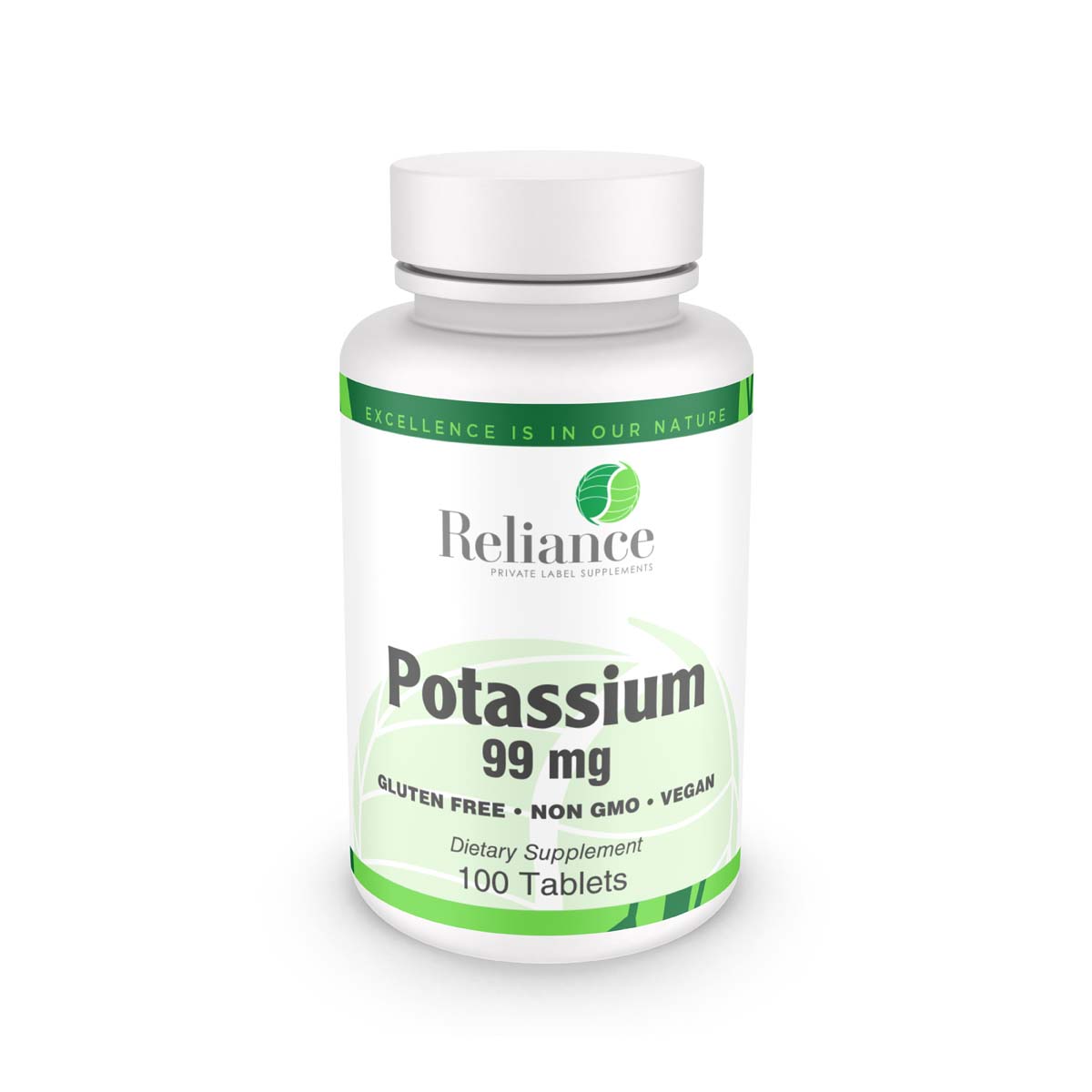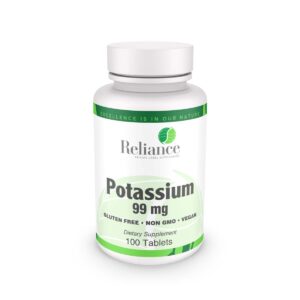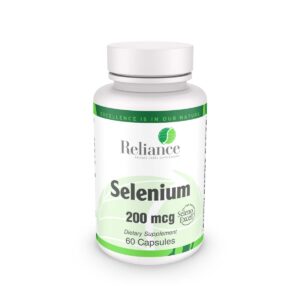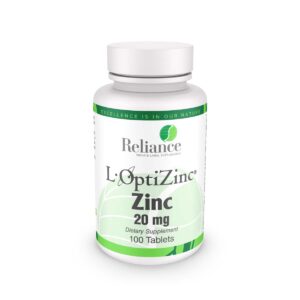Potassium is one of the seven essential macro minerals. The human body requires at least 100 milligrams of potassium daily to support key processes. A high potassium intake reduces the risk of overall mortality by 20 percent. It also decreases the risk of stroke, lowers blood pressure, protects against loss of muscle mass, preserves bone mineral density, and reduces the formation of kidney stones. The primary functions of potassium in the body include regulating fluid balance and controlling the electrical activity of the heart and other muscles. Fast facts on potassium:
- Adults should be consuming 4,700 milligrams (mg) of potassium a day. However, fewer than two percent of people in the U.S. consume enough potassium.
- Potassium is a balancing electrolyte: many people with problems with sodium may actually require more potassium.
- Beet greens, white beans, soybeans, coconut water, and lima beans are the foods highest in potassium.
- Potassium deficiency can lead to fatigue, cramps, weakness, and constipation. It can escalate to paralysis, respiratory failure, and painful gut obstructions.
Features
- Potassium 99mg 2% (as amino acid complex).
Benefits
- May aid in healthy Blood Pressure support and Cardiovascular Health.†
- Supports Bone Health and Muscle Maintenance.†
- Often helps people with muscle cramps, especially those associated with certain potassium-depleting medicines.†
- Potassium supports blood pressure, cardiovascular health, bone strength, and muscle strength.†







